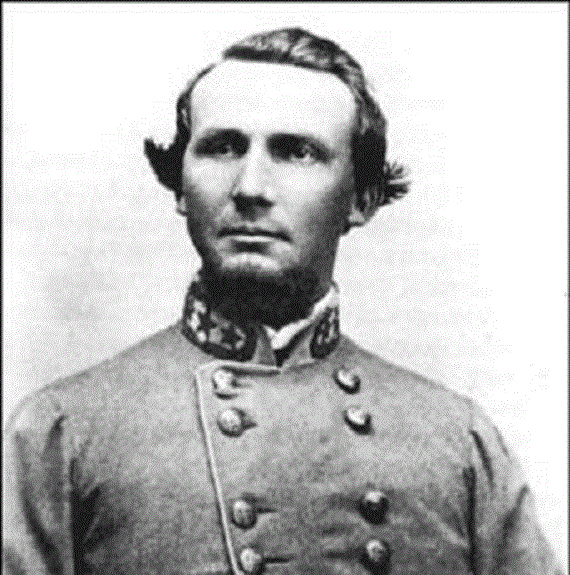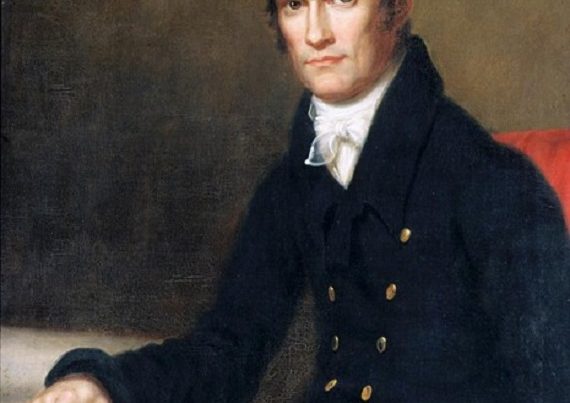A review of Crimson Confederates: Harvard Men Who Fought for the South, By Helen P. Trimpi, Knoxville: University of Tennessee Press, 380 pp.
Someone, perhaps it was Thomas Carlyle, wrote that “History is the essence of innumerable biographies.” While that description does not cover all the duty of historianship, it is true in an important sense. History that becomes too abstract loses its vital connection with the lives of real human beings. The people of the past were human and we are human: that is the primary reason that most of us are interested in them. To know the lives of our past is especially important now when mainstream American history is dominated by the imposition of theoretical categories engendered by the ethnic and class conflicts of Europe. Some large proportion of the American population and an even larger proportion of academic historians feel no connection to, and often an active hostility toward, the Americans who lived before the 20th century.
It therefore does us good to have this rich biographical collection of the 357 Harvard men (including law and medical schools) who fought for the South in the great American slaughter of 1861–1865. The research is wide, deep, and painstaking. We learn much about the education, careers, westward movement, family connections, and war experiences of several generations of Americans. Including, as will astound current trendy vendors of history, a Mexican-American, a Cuban-American, several Jews, and at least twenty Northern-born Confederates.
Professor Trimpi, who is better known as a prolific and prize-winning poet, was brought to this project by her academic study of Herman Melville. As she writes, in his poems and his other works, especially The Confidence Man, “the feeling Melville expresses defies the conventional attitudes of most Unionists.” One of her fine long poems is a dialogue between Melville and his father-in-law, Judge Lemuel Shaw of Massachusetts, who suffered obloquy for supporting the Constitution even when it favoured the South. The point is that there was a wide array of Northern viewpoints about the war, and there were Northerners, not a few, who refused to be drawn into a campaign of hate against the Southern fellow-countrymen before, during, and after the war. A part of American history that is almost unknown.
Seventy-one Harvard men (20 %) who fought for the Confederacy gave their lives in defense of the South. Memorial Hall at Harvard contains the names of Harvard men killed in war, including at least one World War II Nazi. But the names of the dead Confederates are not to be found. A Union army veteran first proposed that the dead Confederate alumni should be honoured, and the idea has been put forward again several times over the years but has always been defeated.
SOURCE: From Chronicles Magazine, May 2010.







